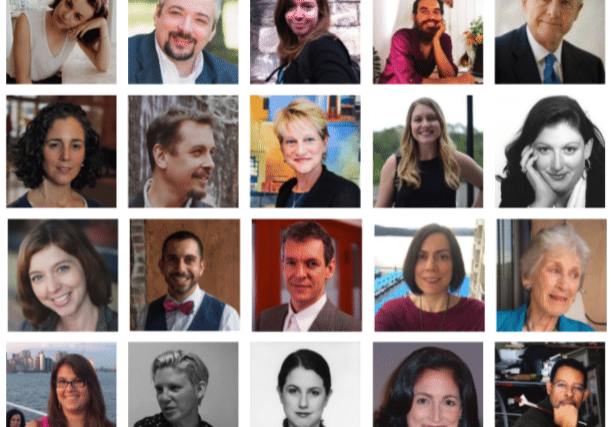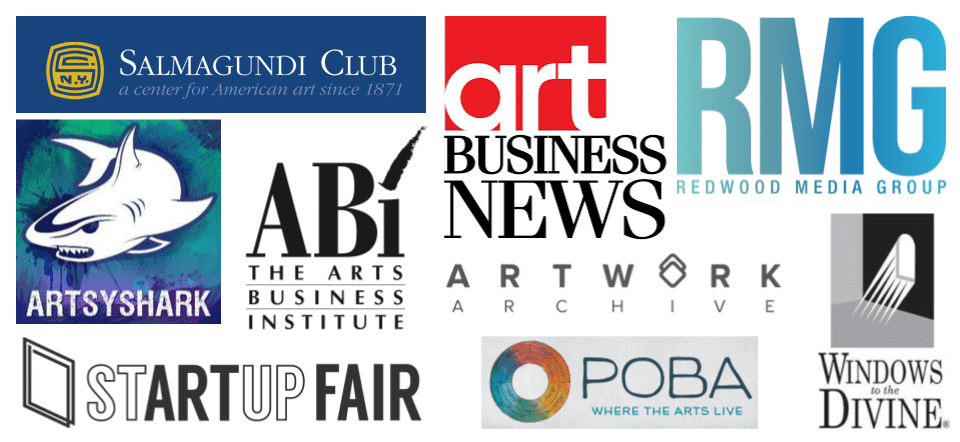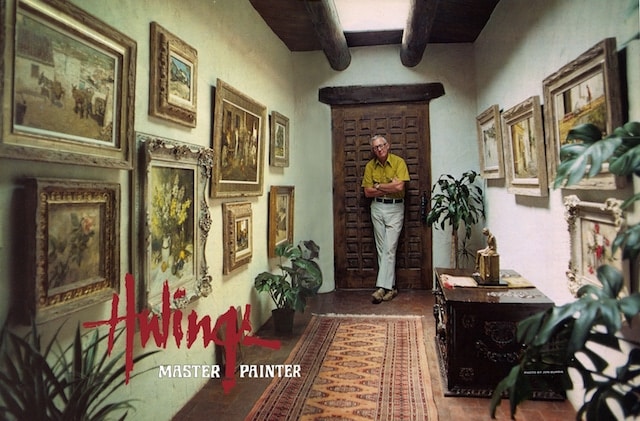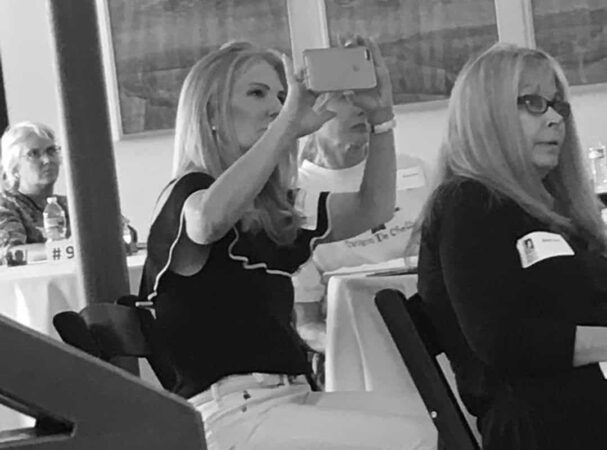We All Depend on Creative Intelligence
Creative intelligence is key to solve the problems entrepreneurs face and, for all of us, the formidable challenges of the future. Entrepreneurs are self-sustaining builders who thrive in an environment of creative thought and energy to which other entrepreneurs substantively contribute. Strengthening the role of creative intelligence requires us to champion creative entrepreneurship and each other.
"CHF has totally rewired my brain." - Kristin LeVier
A Thriving Cultural Economy is Vital
In particular, independent artists and creative professionals are the crucial but often missing ingredient in dreaming of solutions to momentous problems. But also, they are business owners whose ability to thrive requires collaboration, powerful injections of partnership, expertise and entrepreneurial insight to create a sustainable creative economy. Where artists and creative professionals thrive, we can all thrive. Where creative insight is central to a culture, that culture is robust, resilient, and difficult to fragment.
A Culture is an Ecosystem
We are only as buoyant as we are united, only as adaptable as we are inventive, only as elastic as our ability to dream together.

It's a Team Effort
When most of us think of a team, it's a sports context (where some other team loses) or a job (in which mercenary members may be continually alert for other offers). We're building a panel of experts and passionate contributors with eyes on the goals and outcomes that affect all of us. The field is other people who share our passion for a better world. Would you lend your brain to this cause?

Our Allies
By partnering with organizations and businesses that share our goals, we break down art-industry silos—fostering communication, sharing data, and spreading best practices—and can quickly scale up our individual and collective efforts, extending our missions and increasing the number of artists we reach and assist.
Who Was Clark Hulings?

Our namesake, Clark Hulings, was both an acclaimed master painter and an astute businessperson. After building a career as a commercial illustrator, he made the transition to fine art at the age of 40, financing the move with his own savings and applying his considerable business experience to grow his art practice.
While he continued to hone his craft well into his 80s, he also knew that, to be successful, he had to think like an entrepreneur and seize opportunities to grow his business. The nine practice areas in our Digital Learning Portal are based on our analysis of what had the biggest impact on Hulings’ career and those of his peers.
Learn more about Clark Hulings, artist and entrepreneur.
Some Words from Working Artists
From a Recent CHF Art-Business Conference

